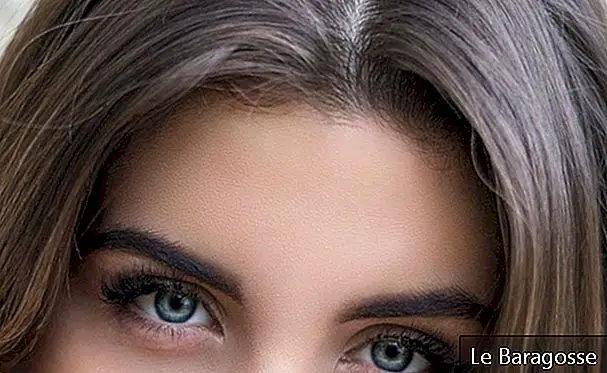
If there is one unpleasant thing is that you notice that your black coat is full of little white dots that have fallen straight from your head? It's the dreaded dandruff.
No one likes to flaunt these cones around, but it is important to know that they are not a sign of poor hygiene. In fact, dandruff is a consequence of the scaling of our scalp.
In general, light, thin peeling is not a sign of trouble; it is simply renewing the skin cells that line our head.
Real dandruff appears when leather hair releases larger crusts, in an excessive peeling that characterizes a mild form of seborrheic dermatitis.
If this problem bothers you so much, you need to see a dermatologist to check for inflammation of your scalp. In the meantime, check out our list of some habits that make this situation worse:
Also read: 10 foods that can help improve the look of your hair
1. Wash hair with very hot water
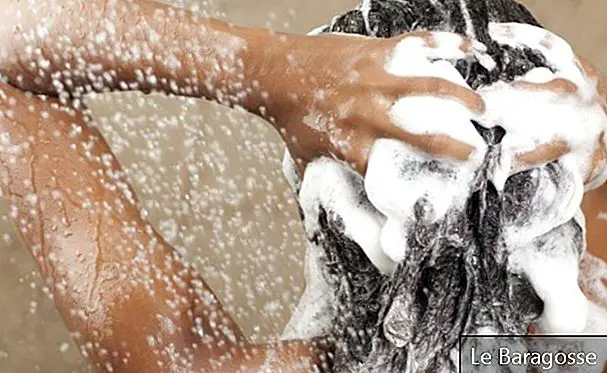
Water at very high temperatures can cause scalp dryness, which will result in increased oil production and flaking of cells in this region.
This habit is more common in winter, when the cold weather makes us take warmer and longer baths, contributing to the aggravation of dandruff.
2. Leave shampoo or conditioner residue on hair
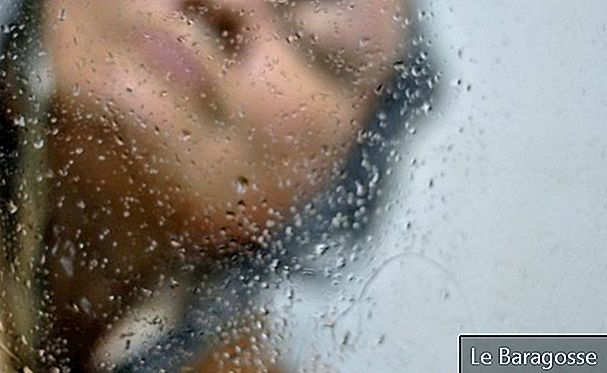
The habit of not rinsing the shampoo or conditioner completely in the hope of controlling the volume of the threads during the day may contribute to the emergence of dandruff as the threads will be full of debris.
3. Apply hair combing creams to the leather
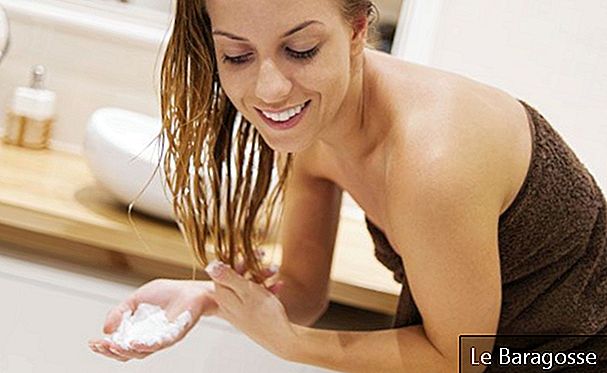
Combing creams and other leave-in products should be applied only to the length of the hair, not to the scalp.
When used in this region, these products increase skin greasiness and leave a lot of accumulated waste, contributing to increased peeling.
Read also: How stress can affect your beauty
4. Wash excess hair
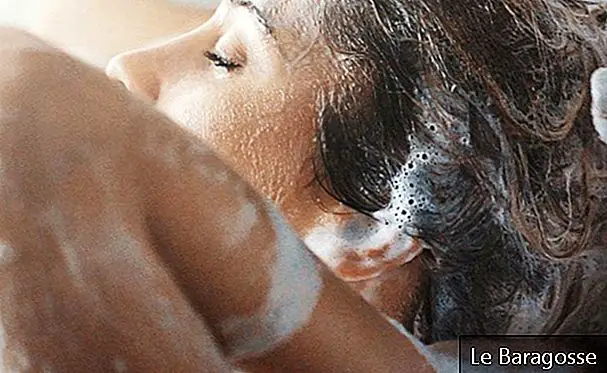
As we said earlier, dandruff is not a sign of poor hygiene and may even be a sign of excessive hair washes.
By subjecting the hair to excess hot water and shampoo, we end up removing all the natural oils from the scalp. As a result, the skin in this region may act in a rebound effect and further increase oil production, worsening dandruff.
5. Sleep with wet hair
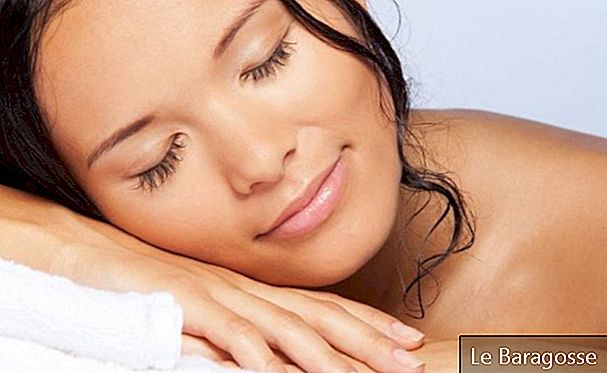
Habits such as sleeping or tying wet hair also contribute to increased dandruff because the scalp is stuffy and does not dry properly. Similarly, the constant use of caps, caps and hats can also accentuate this problem.
Foods That Help Control Dandruff
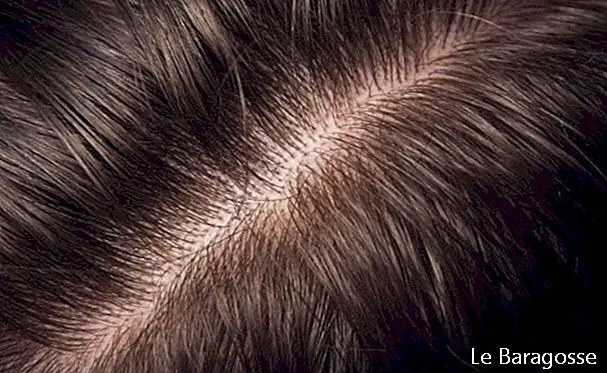
In general, a diet rich in animal fat and sugars impairs the functioning of the body's glands, including the sebaceous, contributing to the emergence of dandruff. Therefore, a healthy diet with controlled consumption of red and sweet meat is the first step to avoid this problem.
For those who suffer from excessive scalp peeling, it is interesting to include some foods that contribute to dandruff prevention:
Read also: Homemade Tips to Control Hair Loss
Orange
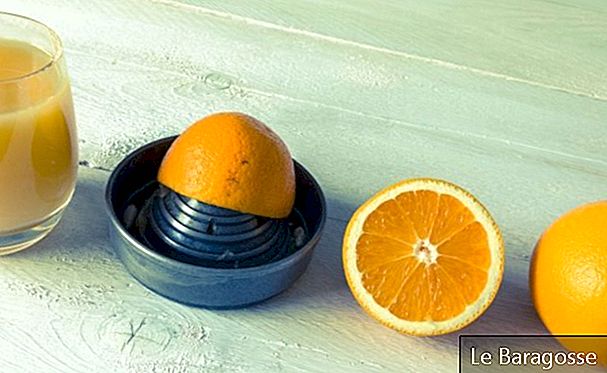
The white part of orange, called pectin, is composed of fibers that help the body to eliminate toxins, which, in excess, contribute to the increase of oiliness and the emergence of dandruff. Pectin can also be found in poncã.
Ginger
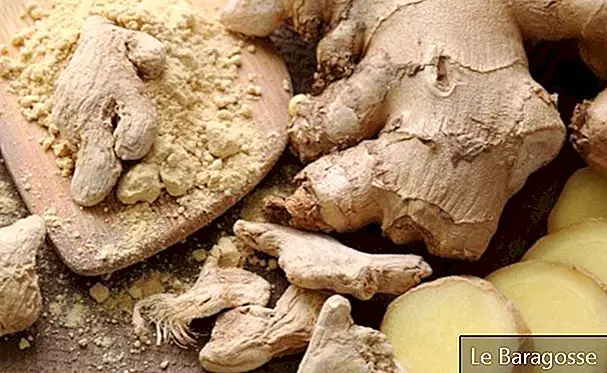
Ginger acts on digestion and therefore also helps fight dandruff. In addition, the antifungal and antibacterial properties of this root make it difficult to install these microorganisms on the scalp.
Sunflower seed
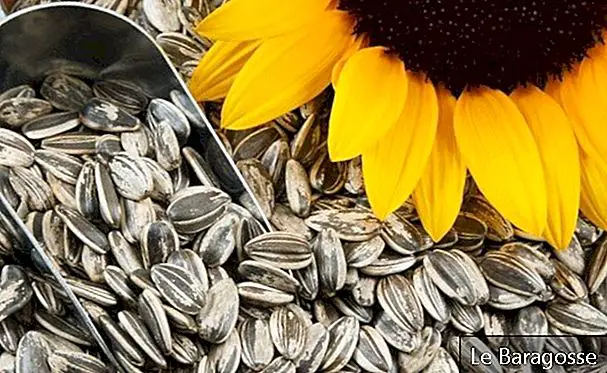
Sunflower seeds are rich in zinc, which helps control sebum production. In addition, they provide vitamin B6, which is essential for the absorption of zinc in the gut and other metabolic processes, contributing to scalp health.
If you feel the problem is getting worse and your scalp is itching, the best thing to do is to seek medical advice, as you may need to have specific dandruff treatment.
What Your Hair Can Tell You About Your Health (April 2024)
- Prevention and Treatment
- 1,230
















